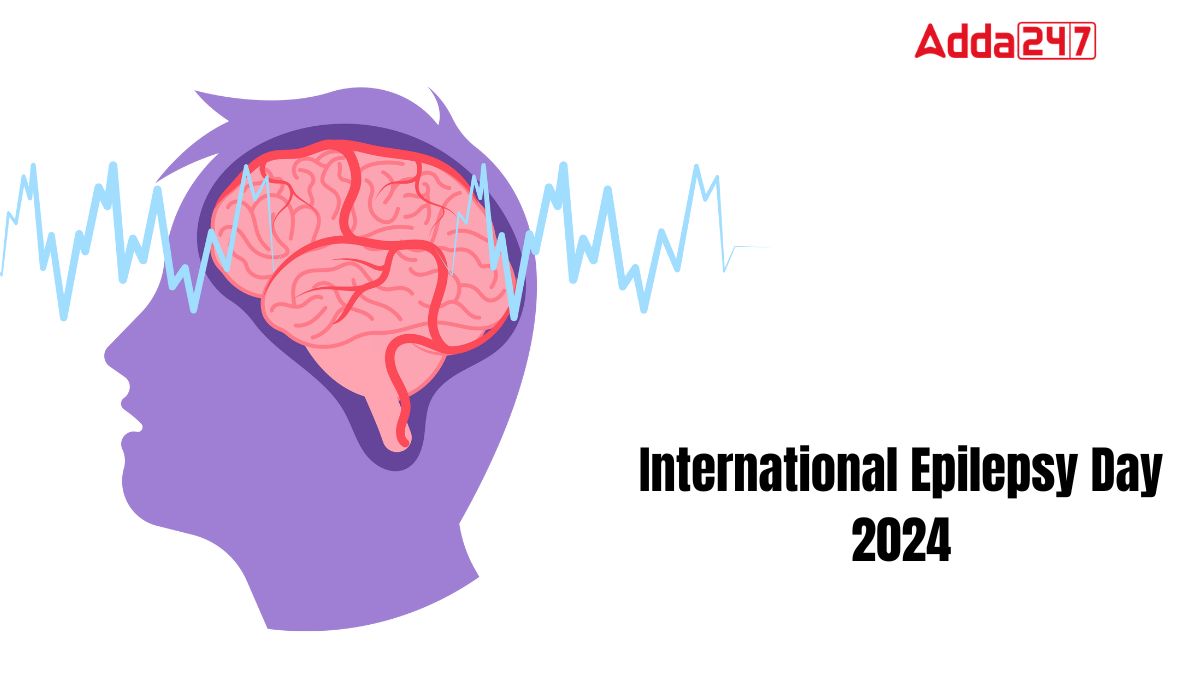International Epilepsy Day, observed on the 2nd Monday of February each year, is a pivotal event in the global healthcare calendar that aims to unite individuals affected by epilepsy. Since its inception in 2015, the day has served as a platform for raising awareness about epilepsy, its diagnosis, treatment, and the challenges faced by those living with the condition. This year, the day was marked on 12 February 2024, underlining the ongoing efforts to foster community and support among epilepsy patients worldwide.
Understanding Epilepsy: A Global Perspective
Epilepsy is a chronic neurological disorder characterized by recurrent, unprovoked seizures. It is one of the most common neurological conditions globally, affecting approximately 65 million people. A significant majority, around 80%, reside in developing countries, highlighting a critical need for enhanced healthcare support and resources in these regions. The European Brain Council’s health economic data starkly illustrates the burden of epilepsy, with estimated costs escalating from 16.1 billion Euros in 2004 to over 21.2 billion Euros in 2010.
Prevalence in India
In India, the prevalence of epilepsy ranges between 5.59 to 10 per 1000 individuals, translating to more than 10 million people living with epilepsy. The disparity between urban and rural prevalence rates is notable, with rural areas experiencing a higher incidence (1.9%) compared to urban locales (0.6%). This disparity underscores the need for targeted awareness and healthcare interventions across different demographics.
International Epilepsy Day 2024 Theme: “Milestones on My Epilepsy Journey”
The theme for International Epilepsy Day 2024, “Milestones on My Epilepsy Journey”, emphasizes the importance of recognizing and celebrating personal achievements amidst the challenges posed by epilepsy. It encourages individuals to share their stories of success, resilience, and determination, fostering a supportive community where achievements are acknowledged and celebrated.
Historical Themes and Their Significance
Past themes of International Epilepsy Day have ranged from addressing stigma and promoting inclusion to emphasizing visibility and celebrating life. Each theme reflects the evolving focus of the epilepsy community on both the challenges and the positive aspects of living with epilepsy. Notably, themes like “Stigma” and “Friendship and Inclusion” highlight the societal and communal aspects of epilepsy awareness, aiming to foster a more understanding and supportive environment.
The Importance of International Epilepsy Day
Recognizing International Epilepsy Day is crucial for several reasons. It not only raises awareness about epilepsy but also helps to reduce stigma, improve the quality of care, and increase funding for medical research. Despite advances in treatment, one-third of individuals with epilepsy face challenges in managing their condition effectively, underscoring the need for ongoing research and improved therapeutic options.
Addressing Medical and Social Challenges
The fight against epilepsy is not limited to medical treatment. The social implications, including stigma, discrimination, and human rights issues, pose significant barriers to individuals with epilepsy. International Epilepsy Day plays a vital role in bringing these issues to the forefront, advocating for better understanding, acceptance, and policy changes to support those affected by epilepsy.
Epilepsy Prevention Strategies
Preventative measures play a crucial role in reducing the incidence of epilepsy. Strategies include promoting safety to prevent traumatic brain injuries, adopting healthy lifestyles to lower the risk of stroke and heart disease, ensuring vaccinations against certain diseases, and maintaining good hygiene to prevent infections like cysticercosis. These measures can significantly contribute to reducing the global burden of epilepsy.




 Important Days in March 2026: Check the ...
Important Days in March 2026: Check the ...
 World Wildlife Day 2026: Why Medicinal P...
World Wildlife Day 2026: Why Medicinal P...
 National Science Day 2026: Honouring the...
National Science Day 2026: Honouring the...








